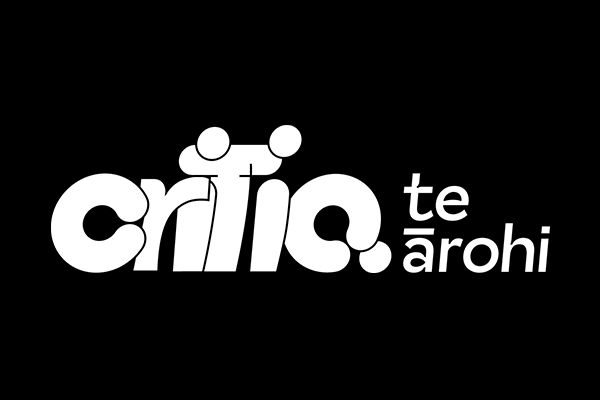Otago University was founded on geology and medicine, and has recently targeted both with considerable budget cuts.
According to documents seen by Critic Te Ārohi, the Geology Department is facing a proposed reduction of about a third of their staff, despite boasting the title of 2022’s top research department in the Division of Sciences per the Performance-Based Research Fund.
Full-time equivalent (FTE) positions are set to drop from 14.1 to 10.85, and technical/professional staff are set to drop from 9.35 to 5.7 FTE.
Health Science, often seen as the favourite child, is not safe either, with 36 staff already accepting voluntary redundancy: 3% of the department. Geology’s cuts represent 30%.
The Commerce Department, on the other hand, seems to be shouldering the lightest weight of the lot. Perhaps ironic given the commercial storm facing the University.
So far, the University has lost 107 staff to this round of voluntary redundancies. According to a report from the Clocktower, these include 14 from the sciences, 10 from humanities, 22 from operations, and 17 from other administrative roles. Only eight have come from Commerce.
Dr. Mike Palin, a Geology staff member taking voluntary redundancy, was both exasperated and furious. He said that “we knew something was wrong” all the way back in September last year, when second- and third-year students started leaving their degrees mid-semester – and not just in geology. “We’ve never seen that before,” he said. Mike speculated that the Clocktower noticed this, too, so he was perplexed as to why they would forecast a 4% increase in enrolments with that in mind. Now, to shore up the $60 million deficit created by that forecast, the Clocktower is targeting academic staff in Geology and beyond. Science Communication, for example, is set to be almost entirely dismantled.
This is not the first time staff have been culled to save on overhead costs.
In 2021, then-Vice Chancellor Harlene Hayne implemented the Support Services Review (SSR), which sought to cut support staff from individual departments and create a centralised support team that could shift around campus. The five divisions it created include Ask Otago and Client Services. The move was tipped to save the University $15 million a year.
But it did not go entirely according to plan. Far more staff had to be hired following the SSR than initially expected: an OIA (Official Information Act) that we received in 2021 showed 170 staff were ultimately hired to replace the “trimming” of 160 positions. Many of the people let go were long-term departmental support members, and they took a wealth of institutional knowledge with them. The new, entry-level support pool was unable to completely fill the gaps.
Client Services, for example, expected to see staff numbers trimmed from between 340–380 FTE to just 284. As of Denzel Chung’s reporting in 2021, this total had actually grown to 373: 31% higher than budgeted. The Clocktower conceded this week that in one or two instances, staff members may have been brought back on fixed-term or casual appointments to help support their previous position.
What was meant to save millions of dollars in operating expenses actually ended up increasing the number of staff on payroll. Now, even though student enrolments are still a net positive, the University is faced with the need for even further savings, with staff cuts again at the forefront. This time, academic staff are in the firing line.
But it wasn’t all due to the SSR. Acting Vice-Chancellor Helen Nicholson cited a wide variety of building projects as the biggest recent expenses. These included Te Rangihīroa College (funded up to this point without debt), the Eccles Building, and the new Dental School. Moreover, though, earthquake strengthening of several buildings across multiple campuses seemed to be the biggest culprit. No properties have yet been sold.
Aside from cutting staff and selling assets, the University is aiming to increase student enrolments by a staggering 20% with a focus on internationals. The Geology Department, ironically, had carried a 15-20% international student population until the pandemic, putting it well ahead of the 15% international cap for the overall university.
The Geology Department was given three weeks to submit a counter proposal to the Clocktower. Mike said that the Head of Department, Dr. Andrew Gorman, has been “terminally optimistic”, and has been “a hero” for the department. He’s working “really, really hard” to design a proposal that would save all positions that haven’t already accepted voluntary redundancy.






